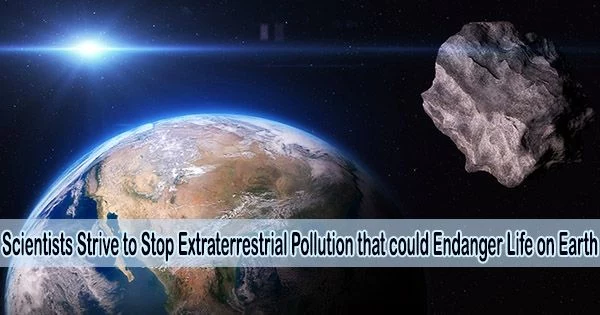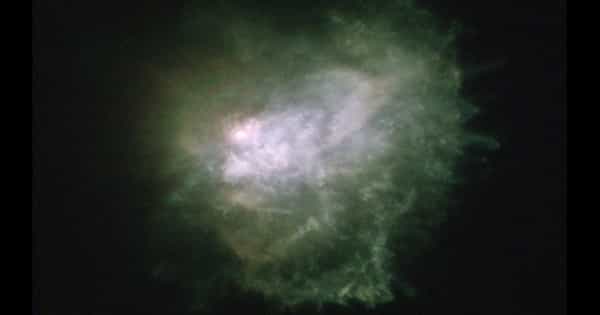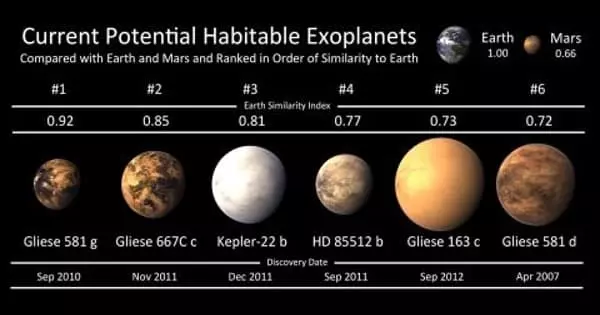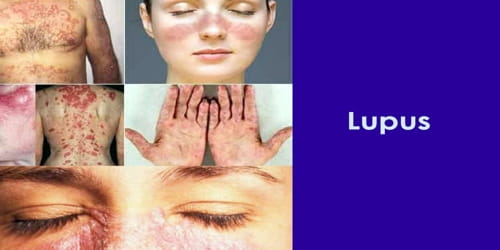The Committee on Space Research (COSPAR) panel on planetary protection is in charge of developing and maintaining policy for planetary protection-related concerns. An multinational team of specialists connected to COSPAR examined the function of the panel and its Planetary Protection Policy, including recent developments with regard to the Policy for the Moon, Venus, Mars, and tiny planetary bodies, in a study published in Frontiers in Astronomy and Space Sciences.
Now writing on the Frontiers news site, the panel’s leadership consisting of chair Dr. Athena Coustenis and vice chairs Niklas Hedman and Prof Peter Doran explain why this endeavor is so important for future deep-space explorers.
The implications on following studies would be immeasurable if robotic rovers collecting soil samples on Mars in search of signs of ancient life instead discovered germs that had traveled all the way from Earth. Or consider a probe penetrating the frozen moons Europa or Enceladus’ crust and introducing organic material from Earth to the ocean below, jeopardizing any further efforts to find life there.
The return of samples to our planet without taking the necessary precautions to avert threats to our biosphere might result in significant risks for humanity if current or extinct life were to exist on such bodies.
Thus, in order to ensure that future scientific exploration and discoveries do not negatively affect the new worlds they visit, an international strategy is required to assist prevent the hazardous introduction of biological and organic contaminants into space missions. Similarly, protocols should be established for returned alien material to Earth.
Additionally, it is becoming more crucial to ensure that all missions adhere to this policy and that the pertinent requirements and guidelines are communicated to all players because space exploration is expanding significantly, with missions now being run by national space agencies, non-governmental organizations, and private sector organizations.
A space travel rulebook
But how to draft such a policy to safeguard Earth from a potential threat and avoid compromising the search for lifeforms on other celestial bodies backward and forward contamination? Who has the authority and expertise to analyze the latest findings and prepare guidelines that are fully adapted to the needs and objectives of future missions and to the safety of our planet?
How to ensure that as many spacefaring nations as possible are onboard and can contribute to and comply with this policy? This is where the COSPAR Planetary Protection Policy comes in.
Researchers say the article, “Planetary Protection: an international concern and responsibility,” addresses these questions.
COSPAR, created in 1958 at the behest of the International Council of Scientific Union (now called the International Science Council), has been working since the early 1960s to provide guidance on issues of contamination by extraterrestrial exploration.
In order to safeguard against biological and organic pollution and provide direction for the fulfillment of article IX of the 1967 United Nations Outer Space Treaty, the organization has throughout the years created a Planetary Protection Policy that serves as an international standard. Additionally, COSPAR offers a global forum for scholarly debates on these and other space-related topics.
Depending on the goal of a particular space mission, the Planetary Protection Policy has identified five categories. These can include trips to orbit or fly by planets, comets, or icy moons, as well as missions intended to land on these celestial bodies and possibly bring samples back to Earth. These missions are intended to investigate these worlds, study their environments, or search for indications of either extant or extinct life.
Associated with these categories are requirements of various degrees of rigor in the contamination control applied. The policy is assessed regularly and updated with input from new scientific findings and in conjunction with the fast-evolving space exploration sector.
Because of this, COSPAR has had a close working relationship with the United Nations Committee on the Peaceful Uses of Outer Space (COPUOS) since the early 1960s, particularly in the field of planetary protection.
An international affair
The COSPAR Bureau formally appoints the Panel’s head, members, and ex-officio members. The Panel now consists of 25 members who represent 12 space agencies and an equal number of scientific experts.
The panel offers an international venue for exchanging knowledge on best practices and for enhancing or updating the Policy through planning workshops, thematic meetings, and sessions at COSPAR scientific assembly. The panel welcomes scientists, representatives of business and industry, interested parties, and observers to its meetings.
The panel’s multinational makeup permits discussion (including promoting an active dialogue with the corporate sector) and guarantees a fair and well-informed methodology for making recommendations.
The panel’s operations address the particular requirements of a space mission while exercising prompt care and competence to assure long-term solar system exploration. The panel notifies the international space community of updates to the policy through publications and speeches at conferences throughout the world.
The panel is also open to suggestions from the public about space research and will help space stakeholders in any way possible by co-sponsoring fresh research, polls of the local population, workshops, or targeted conferences.
















